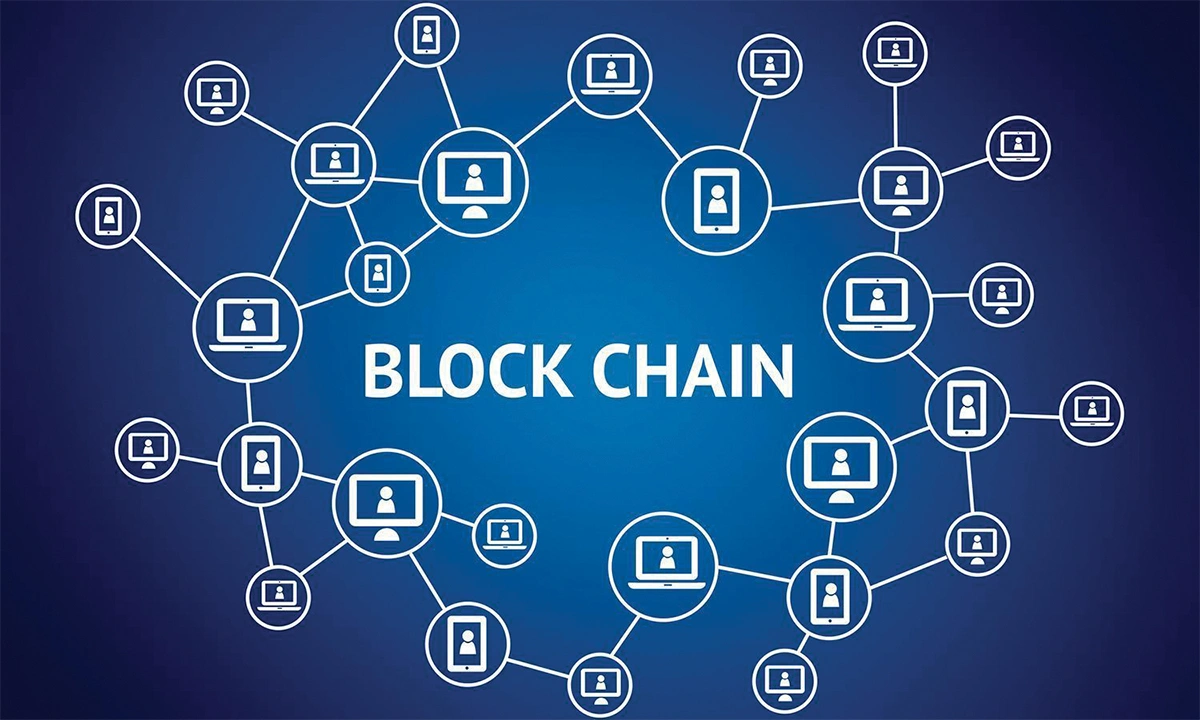
What is a Blockchain
Blockchain is a decentralized, distributed ledger technology that allows for secure, transparent and immutable record-keeping. It was first introduced in 2008 as the underlying technology for the cryptocurrency, Bitcoin, but has since been applied to a wide range of use cases beyond just digital currencies.
At its core, a blockchain is a digital database that is composed of a series of blocks. Each block contains a list of transactions, and once a block is full, it is added to the chain of blocks that make up the blockchain. The key feature of a blockchain is that it is decentralized, meaning that it is not controlled by a single entity or organization. Instead, it is maintained by a network of computers, also known as “nodes,” that work together to validate and record transactions.
One of the key advantages of blockchain technology is that it allows for secure and transparent record-keeping. Since each block in the chain is cryptographically linked to the previous block, it is extremely difficult to alter or tamper with the data contained within the blockchain. This makes it an ideal technology for storing and tracking sensitive information, such as financial transactions or medical records.
Another advantage of blockchain technology is that it allows for peer-to-peer (P2P) transactions without the need for intermediaries. This can reduce costs and increase efficiency in industries where intermediaries, such as banks or other financial institutions, are typically involved in the transaction process.
Use cases
Now, let’s explore some of the key use cases for blockchain technology.
One of the most well-known use cases for blockchain is in the financial industry. Blockchain technology has the potential to revolutionize the way we make and track financial transactions. By using blockchain, banks and other financial institutions can streamline processes, reduce costs and increase transparency. For example, blockchain can be used to create and track “smart contracts,” which are self-executing contracts with the terms of the agreement between buyer and seller being directly written into lines of code. This eliminates the need for intermediaries, such as lawyers or escrow agents, to facilitate the transaction.
Another use case for blockchain is in supply chain management. By using blockchain to track the movement of goods from the manufacturer to the consumer, businesses can increase transparency and accountability in their supply chain. This can help to reduce fraud and errors, and increase efficiency by eliminating the need for manual record-keeping.
Blockchain technology is also being explored as a way to increase transparency and accountability in the voting process. By using blockchain to create a secure, immutable record of votes, governments and election authorities can increase confidence in the electoral process and reduce the risk of fraud.
Other potential use cases for blockchain include healthcare, real estate, and even the music industry. In the healthcare industry, for example, blockchain can be used to securely store and track medical records, reducing the risk of errors and increasing efficiency. In the real estate industry, blockchain can be used to create and track property titles, streamlining the process of buying and selling property. In the music industry, blockchain can be used to track the ownership and licensing of music, ensuring that artists are fairly compensated for their work.
In conclusion, blockchain is a powerful technology with the potential to transform a wide range of industries. From financial transactions to supply chain management to voting, the possibilities for blockchain are vast and varied. While there are certainly challenges and risks to consider when implementing blockchain, the technology has the potential to bring about significant benefits in terms of efficiency, transparency and security.

Comments